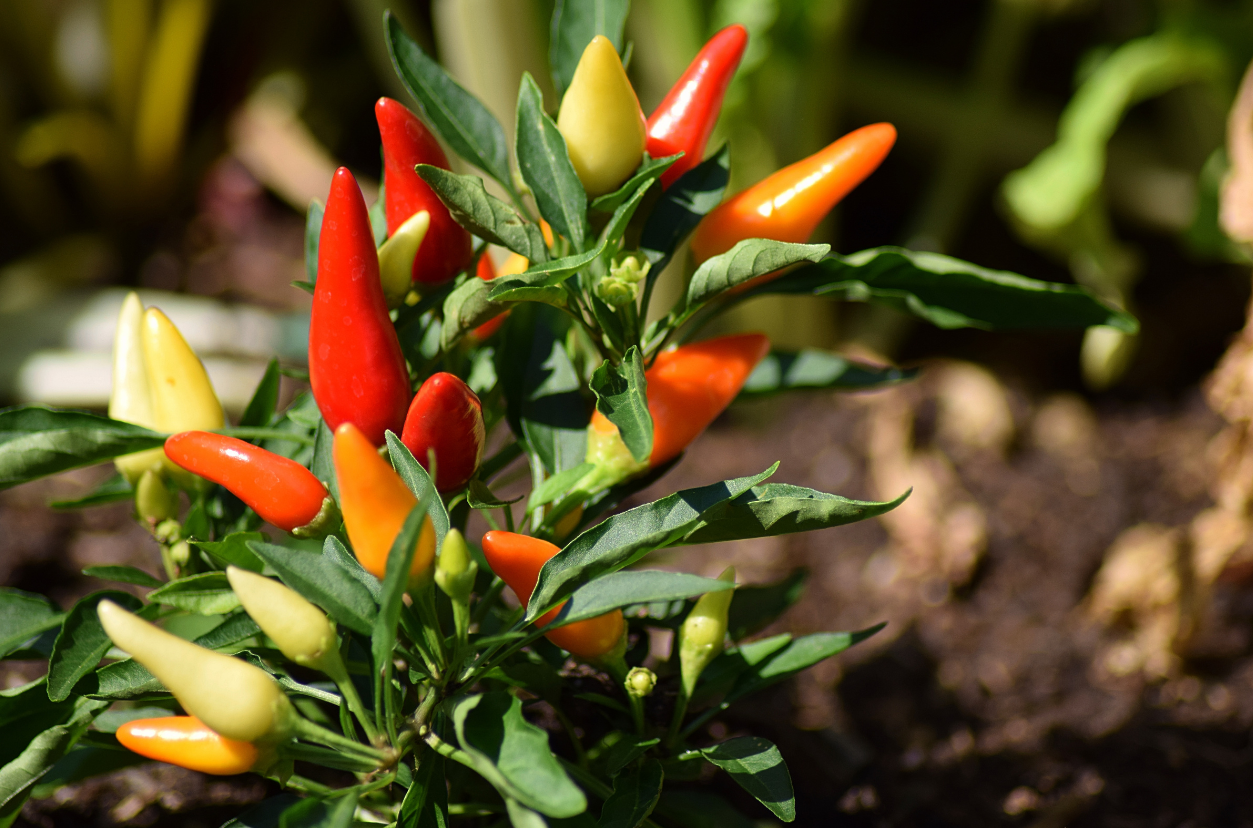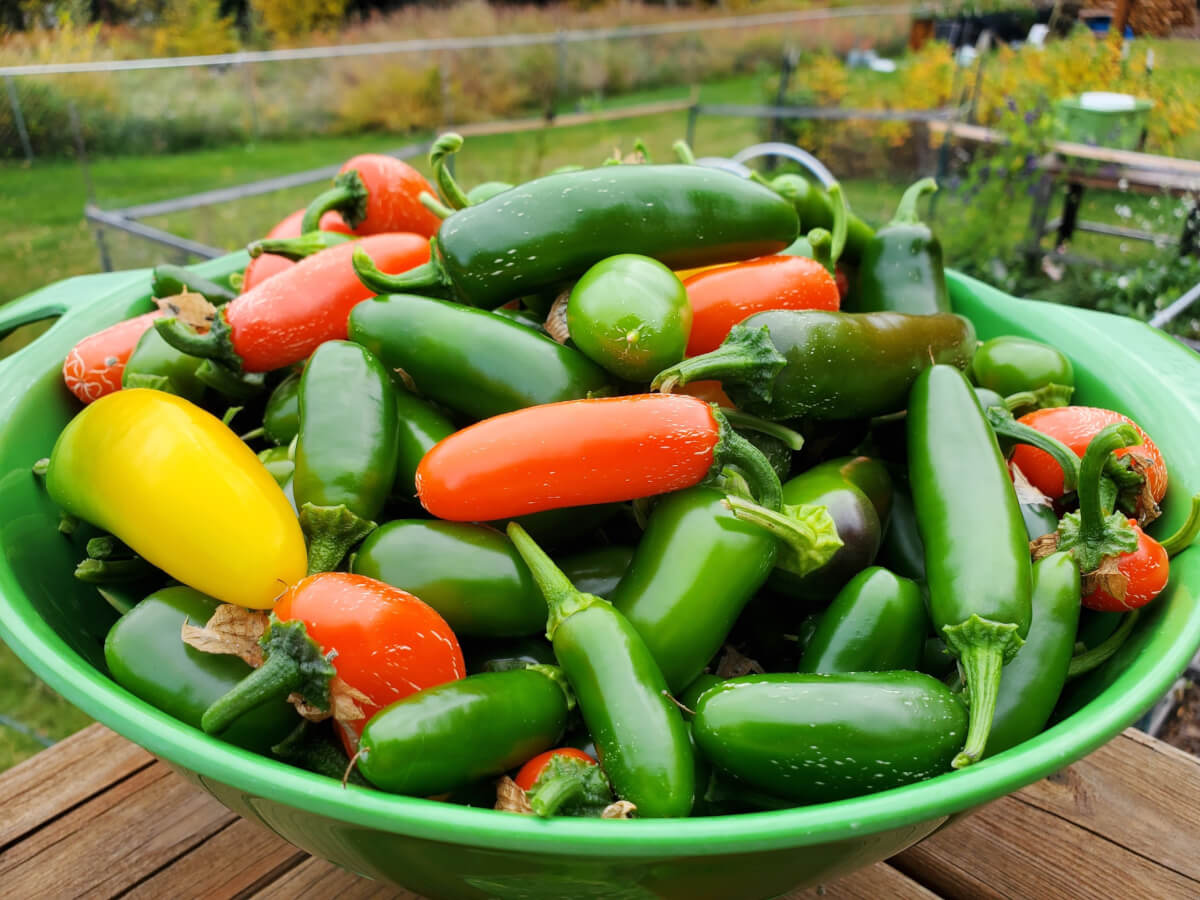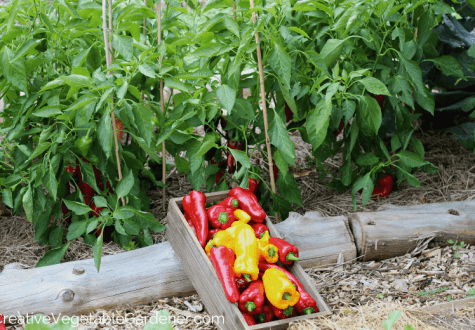Best Fertilizers for Peppers: Maximize Plant Health and Yield
Best Fertilizers for Peppers: Maximize Plant Health and Yield
Blog Article
Just How Fertilizers Play an Essential Function in Cultivating Healthy And Balanced and Abundant Pepper Crops
Plant foods act as the foundation of successful pepper growing, using a tactical technique to nourishing the dirt and cultivating optimum plant development. The detailed dance in between important nutrients and the pepper plants' physiological procedures emphasizes the essential function that plant foods play in guaranteeing an abundant harvest. From fueling durable origin advancement to bolstering illness resistance, the effect of plant foods is far-reaching in the growing of healthy and balanced and worthwhile pepper crops. Remain tuned to discover the nuanced means in which plant foods add to the flourishing of pepper plants and the sustainable practices that underpin their effectiveness.
Relevance of Nutrient-Rich Fertilizers
The usage of nutrient-rich fertilizers plays a critical role in boosting the productivity and top quality of pepper plants in modern farming techniques. Phosphorus, nitrogen, and potassium are primary nutrients that are important for the development and development of pepper plants.
Inadequate degrees of these nutrients can lead to stunted development, decreased returns, and sensitivity to illness (best fertilizers for peppers). Nutrient-rich plant foods provide a targeted service to make certain that pepper plants receive the needed components for optimal growth and productivity. Furthermore, these fertilizers assist improve soil fertility over time, developing a sustainable environment for lasting pepper cultivation
Enhancing Plant Growth and Advancement
To optimize plant growth and development in pepper plants, tactical application of nutrient-rich plant foods is vital. Plant foods play an essential function in enhancing the total health and wellness and productivity of pepper plants by providing them with crucial nutrients that may be doing not have in the dirt. Potassium, nitrogen, and phosphorus are primary macronutrients needed in large amounts by peppers for durable development. Nitrogen aids in leafed green growth and overall plant vigor, phosphorus supports root advancement and flower development, while potassium adds to illness resistance and fruit high quality.
Along with these macronutrients, trace elements such as zinc, magnesium, and iron are likewise crucial for the correct functioning of different plant processes. Iron, as an example, is required for chlorophyll manufacturing, which is vital for photosynthesis and general plant growth. Zinc plays a vital function in enzyme task and hormone synthesis, affecting plant development and growth at a cellular level. Magnesium is crucial for the formation of chlorophyll and general energy transfer within the plant.

Boosting Disease Resistance With Plant Foods
By strategically including targeted plant foods, farmers can bolster the illness resistance of pepper plants, making sure optimum plant health and wellness and productivity. Plant foods having essential nutrients like nitrogen, potassium, and phosphorus play a crucial duty in enhancing pepper plants' immune systems, making them much more resilient to numerous conditions.

Optimizing Pepper Return Via Fertilization
Making use of a balanced fertilization approach is essential to accomplishing optimum pepper return and guaranteeing optimal plant efficiency. By supplying peppers with the ideal nutrients at the ideal time, farmers can considerably improve their return potential. Potassium, phosphorus, and nitrogen are crucial aspects for pepper growth, with nitrogen assisting in leaf and stem growth, phosphorus sustaining origin development and blossom development, and potassium promoting general plant health and wellness.
To make best use of pepper yield, it is critical to conduct dirt tests to determine existing nutrient levels and recognize any type of Read More Here deficiencies that require to be addressed. Based upon these outcomes, farmers can create a customized fertilizing strategy that fulfills the details needs of their pepper crops. In addition, appropriate fertilizing techniques such as split applications throughout the expanding season can make sure continuous nutrient schedule for the plants.

Lasting Fertilizer Practices for Peppers
In considering sustainable plant food methods for peppers, it is crucial to focus on long-term dirt wellness and ecological stewardship together with making the most of crop productivity. Lasting plant food techniques intend to enhance or maintain soil fertility while minimizing negative ecological effects. One key method is making use of organic fertilizers such as compost, manure, or cover plants, which not just provide vital nutrients to the peppers however also contribute to soil structure and microbial task. These organic options aid construct raw material in the soil, improving its capacity to preserve water and nutrients, thereby supporting long-lasting plant health and wellness and durability.
Furthermore, accuracy agriculture strategies, this hyperlink such as soil testing and targeted nutrient applications, can aid optimize plant food usage, guaranteeing that peppers get the nutrients they require without excess overflow right into rivers. This not just benefits the environment by lowering contamination however likewise saves costs for farmers by minimizing waste. By embracing sustainable fertilizer practices, pepper growers can safeguard the wellness of their crops, soil, and bordering environments for future generations.
Final Thought
To conclude, plant foods are vital for cultivating healthy and balanced and plentiful pepper plants. best fertilizers for peppers. They offer needed nutrients for plant development and development, boost disease resistance, and make best use of return. By applying sustainable plant food practices, farmers can make certain the long-term health of their pepper crops and contribute to a much more environmentally-friendly and efficient farming system
The detailed dancing between crucial nutrients and the pepper plants' physiological processes emphasizes the crucial function that plant foods play in making certain a plentiful harvest.To enhance plant development and development in pepper plants, calculated application of nutrient-rich plant foods is vital. Fertilizers play a vital duty in enhancing the total health and wellness and performance of pepper plants by offering them with necessary nutrients that might be doing not have in the soil.By strategically incorporating targeted fertilizers, farmers can strengthen the disease resistance of pepper crops, making sure ideal plant wellness and performance. Fertilizers containing image source important nutrients like nitrogen, potassium, and phosphorus play an important role in strengthening pepper plants' immune systems, making them extra resistant to different illness.
Report this page